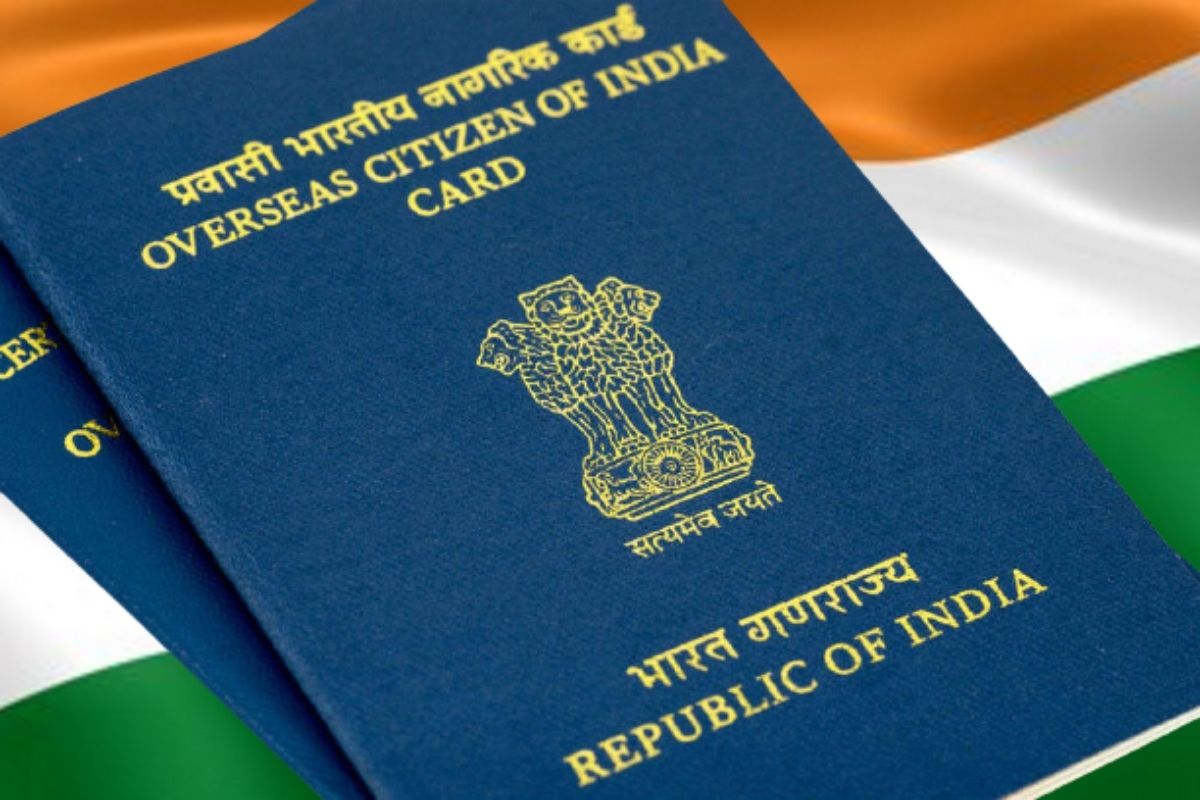The Indian government has just tightened the rules around OCI Card (Overseas Citizen of India), and this one’s important if you’re an Indian-origin foreign national holding an OCI.
According to a new update from the Ministry of Home Affairs, your OCI status can now be revoked if you’re either:
- Convicted and sentenced to two or more years in prison, or
- Named in a chargesheet for a crime that carries a possible sentence of seven years or more.
This change was introduced via a gazette notification under Clause (da) of Section 7D of the Citizenship Act, 1955, and it’s not just theoretical, it gives the Indian government legal grounds to cancel OCI registrations under such circumstances.
Let’s break this down.
What Is an OCI Card?
The Overseas Citizen of India (OCI) card, introduced in August 2005 is a long-term visa-like document for people of Indian origin who hold foreign passports.
OCI Card simplify travel and life in India for the global Indian diaspora. With this, eligible foreign nationals can enter and live in India without a visa, and even work or study here, without constantly renewing paperwork.
You qualify if:
- You were an Indian citizen on or after January 26, 1950, or
- You were eligible for Indian citizenship on that date,
excluding anyone who is or has been a citizen of Pakistan, Bangladesh, or other nations officially notified by the Indian government.
So, What’s Changing?
The key update is about revocation.
Until now, OCI cards were mostly permanent unless voluntarily surrendered or cancelled for fraud or national security reasons. But this new rule introduces a clear legal clause: criminal activity can cost you your OCI status.
If you’re:
- Convicted of an offence and sentenced to 2 years or more, or
- Chargesheeted for a crime with a potential punishment of 7 years or more,
you could lose your OCI card, even before conviction, in the case of serious charges.
Why This Matters
This isn’t just a policy tweak, it’s a major shift in how OCI status is treated. Here’s what’s really going on:
- Public safety: The rule helps keep people with serious criminal backgrounds from freely entering India.
- Stricter scrutiny: The government is now looking more closely at who holds OCI cards and who gets to keep them.
- Legal clarity: Until now, there wasn’t a specific provision targeting criminal activity as grounds for cancellation.
At the same time, some legal experts are raising concerns that this could affect people who haven’t yet been proven guilty. The government, however, maintains that the rule is necessary to protect India’s security.
Who’s Affected?
If you’re an OCI cardholder with a clean record, this likely doesn’t change anything for you. But it does put a spotlight on those who:
- Have been convicted of serious crimes like financial fraud, organized crime, or violent offences.
- Are currently facing charges for crimes that carry long prison terms, even if their case hasn’t gone to court yet.
Final Thoughts
This isn’t about punishing the vast majority of law-abiding OCI cardholders. It’s about closing the door to those who might misuse the privileges the card offers. If your record is clean, this won’t affect your status, but it’s a clear message from the Indian government: OCI is a benefit, not an immunity shield.
To get daily travel news & updates, follow us on Facebook, X (Twitter), LinkedIn, Instagram, or Threads.
